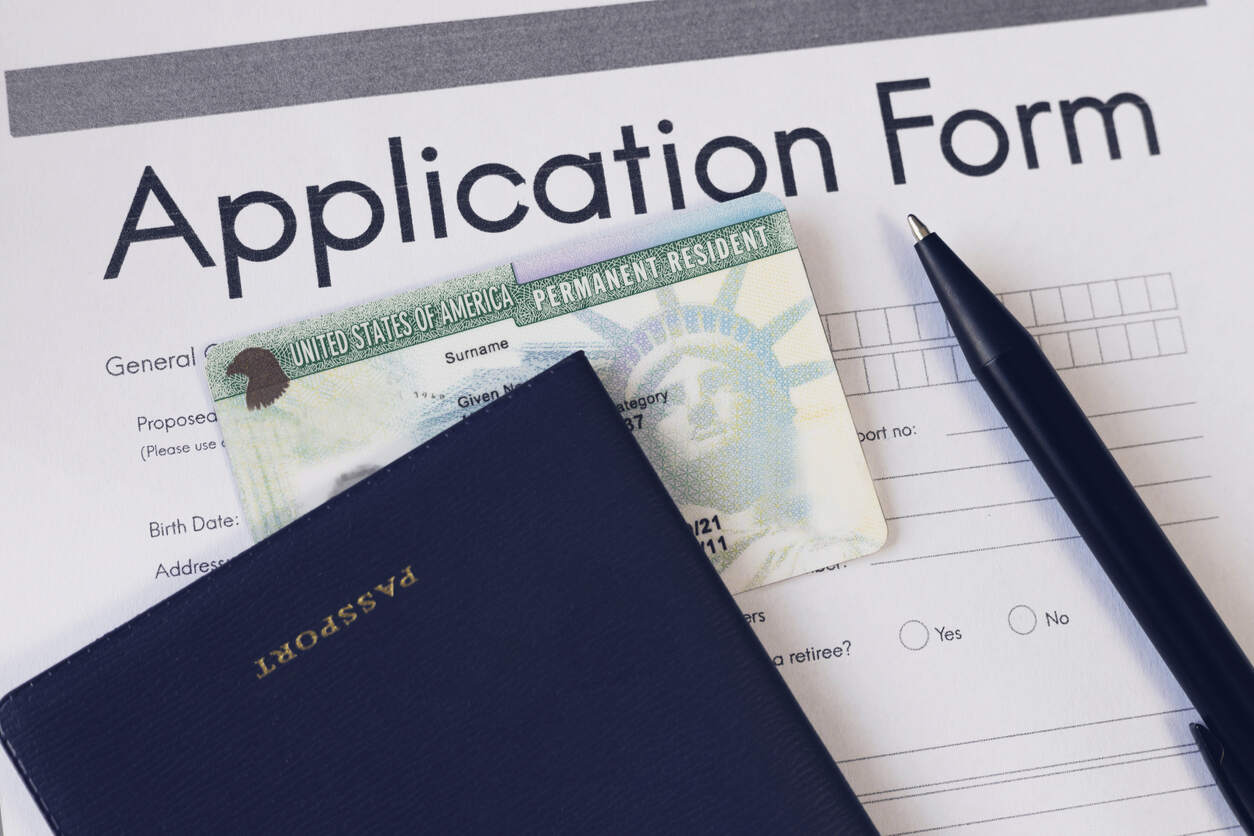Navigating the complexities of immigration law is particularly challenging for those seeking protection under the Violence Against Women Act (VAWA). One of the most critical aspects of successfully obtaining immigration relief under VAWA is thoroughly and carefully documenting your case. At Kasturi Law, LLC, our Illinois immigration and naturalization attorney emphasizes evidence’s crucial role in ensuring your VAWA petition is compelling and complete.
Understanding VAWA and Its Purpose
The Violence Against Women Act provides essential immigration relief to victims of domestic abuse, allowing them to self-petition for lawful status without relying on an abusive spouse, parent, or adult child. Although VAWA explicitly mentions “women” in its title, it protects all survivors of domestic violence, regardless of gender.

Why Documentation Is Crucial in a VAWA Petition
Documenting your case thoroughly is essential because the applicant bears the burden of proof. USCIS carefully reviews all evidence to determine whether the petitioner qualifies for protection. The absence of adequate documentation can result in denial, causing significant delays or complications in obtaining critical relief and protection.
Types of Evidence Required in a VAWA Case
To strengthen your VAWA petition, you must provide detailed and credible evidence demonstrating several key factors:
Evidence of Relationship.
You must document your qualifying relationship with the abuser. Evidence typically includes:
- Marriage certificates.
- Birth certificates (for parent/child relationships).
- Shared property or leases.
- Joint financial records.
- Family photographs.
Evidence of Abuse
Documenting the abuse suffered is essential. USCIS recognizes various types of abuse, including physical, psychological, emotional, and financial.
Useful evidence includes:
- Police reports or court documents.
- Medical or mental health records.
- Photographs of injuries or damages.
- Personal affidavits or detailed statements describing the abuse.
- Affidavits from witnesses who are familiar with the abusive situation.
Evidence of Good Moral Character
VAWA petitioners must demonstrate good moral character.
Evidence often includes:
- Criminal background checks.
- Letters from community leaders, employers, or religious figures attesting to your character.
- Evidence of community involvement or volunteer work.
Challenges in Gathering Evidence for VAWA Cases
Collecting evidence for a VAWA case can be difficult, especially if the abuser has isolated you or restricted your access to essential documents. Fear of retaliation can also complicate this process. An experienced immigration attorney can provide confidential guidance, helping you safely and discreetly compile evidence without putting yourself at risk.
How an Illinois Immigration Attorney Can Help
At Kasturi Law, LLC, our attorney understands the sensitive and confidential nature of VAWA petitions. We carefully and compassionately guide you through gathering comprehensive, compelling evidence. Our personalized approach ensures your story is clearly presented, effectively addressing all USCIS requirements.
We help you structure your petition to showcase credibility and authenticity, significantly improving your chances of approval. Additionally, we help manage deadlines, respond to any USCIS requests for evidence, and advocate fiercely for your rights.
If you’re preparing to file a VAWA petition, don’t navigate this critical stage alone.
Contact our immigration law firm in Illinois today to schedule a consultation during an in-person, phone, or Zoom session. You can even schedule a consultation directly using our online calendar, choosing between 30-minute or 60-minute timeframes. Let our dedicated immigration attorney help you build the strongest possible case, safeguarding your rights and securing the protection you deserve.
Related Links:


